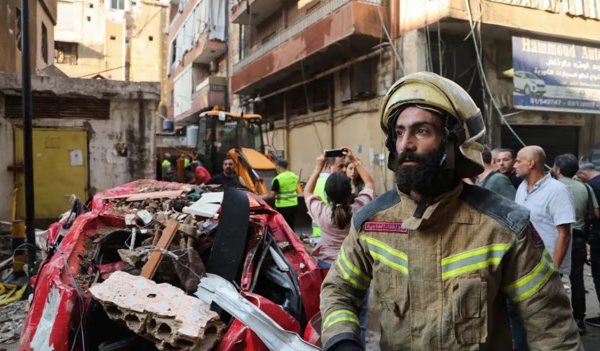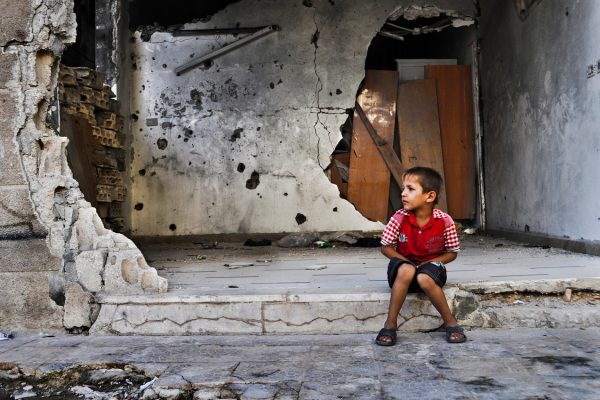Familiarity with disaster at a national level does not ease the suffering. On the contrary, it piles on the turmoil in layers just as the earthquake piled rubble that used to be Afghan people’s homes.
Familiarity with disaster at a national level does not ease the suffering. On the contrary, it piles on the turmoil in layers just as the earthquake piled rubble that used to be Afghan people’s homes.
At least 1,150 died and at least 3,650 were injured in an Afghanistan earthquake on June 22. And more died and were injured all the way in Pakistan.
More than 7,000 people have been killed in earthquakes in Afghanistan over the past decade, the United Nations Office for the Coordination of Humanitarian Affairs reports (per BBC News). Afghanistan’s people may already be familiar with how disastrous earthquakes can be, but familiarity with disaster at a national level does not ease the suffering.
On the contrary, it piles on the turmoil in layers just as the earthquake piled rubble that used to be Afghan people’s homes. Decades of invasion, COVID-19, and a global refugee crisis make this particular tragedy all the more concerning.
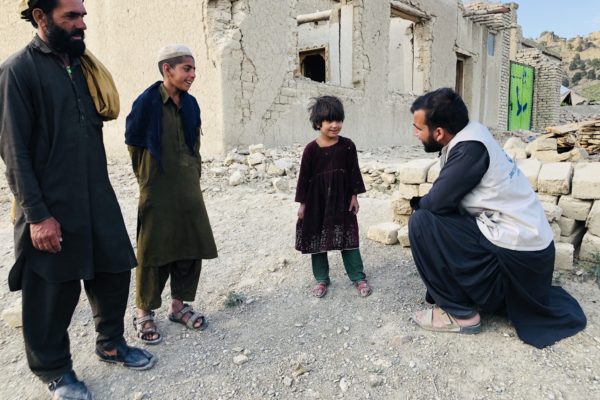
The Afghanistan earthquake’s strength of impact
Unlike all the political, man-made disasters Afghanistan has suffered through, natural disasters like the Afghanistan earthquake do not discriminate against its people. Homes and businesses crumble easily when a 6.2-magnitude earthquake hits. Let’s add a bit of context to what it means for an earthquake to measure a 6.0 magnitude, which measures how strong an earthquake is.
Each number in magnitude represents an earthquake 10 times larger than the number beneath it. That means the Afghanistan earthquake in June was about 10 times larger than the 5.3-magnitude Afghanistan earthquake in January this year. (And that 5.3-magnitude quake struck in conjunction with a 4.9 quake.)
The amount of energy released increases by a factor of about 32. Looking at the same magnitudes, a magnitude 6.0 earthquake releases 32 times more energy than a magnitude 5.0.
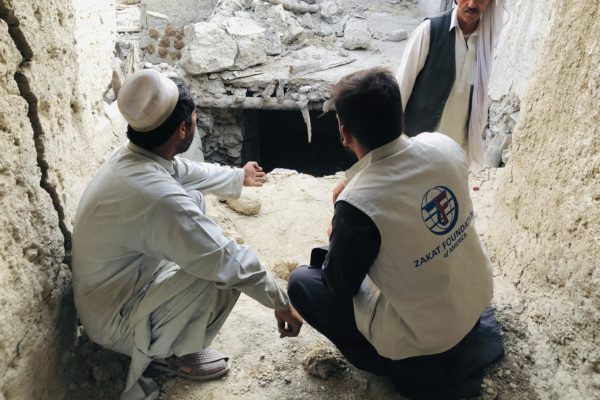
Working together
The destruction is disheartening. But people work together to find solutions. They help each other out because it’s in their nature.
“As for humanitarian aid, it is very difficult but urgently needed,” said a Zakat Foundation of America representative in Afghanistan. “Thousands of people do not have access to any services whatsoever. We are trying to set up some service tents so we can provide warm food and basic services.”
Zakat Foundation of America, with help from such kind-hearted, compassionate people, is on the ground in Afghanistan to provide emergency relief. And it has been on the ground there since 2002.
Earlier this year, the organization’s executive director, Halil Demir, visited Afghanistan and Pakistan to meet with government officials, doctors and other dignitaries to discuss upcoming projects meant to uplift Afghans and Pakistanis. On the trip, Zakat Foundation of America volunteers organized a food distribution in Kabul on March 13.
Zakat Foundation of America, in collaboration with Turkey’s Disaster and Management of Emergencies Authority, had sent a train full of relief and food items to Afghanistan from Turkey. Demir participated in the distribution and met with beneficiaries to better understand the particular problems their community faces. He even got to meet alumni orphan students from a boarding school he established 20 years ago for Afghan orphans and refugee children in Pakistan’s Haripur district.
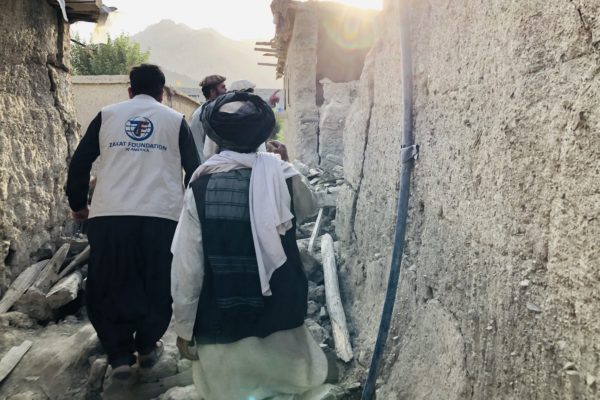
Layers to the struggle
Many of the Afghan citizens in their country right now cannot or will not leave it. For millions, there is nowhere else to go — or nowhere else they should go.
So humanitarian organizations like Zakat Foundation of America send whatever aid they can to help.
Just as Zakat Foundation of America provided aid to Afghanistan in the life-threatening winter earlier this year, it will continue to provide more emergency aid this summer.
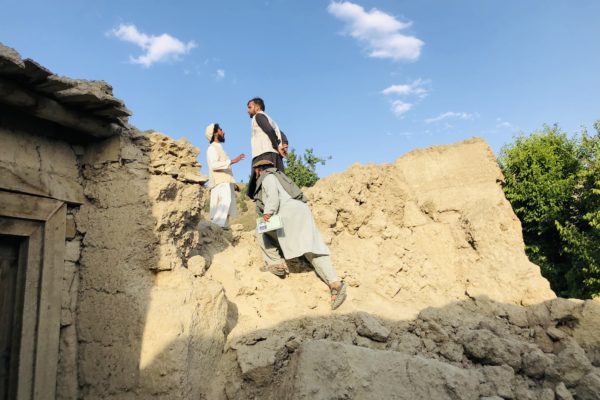
Rising above
Afghanistan’s people continue to maintain their resolve. They step up to the challenge of helping their own, disaster after disaster. And Zakat Foundation will be there to support them, disaster after disaster.
Zakat Foundation of America is a 501(c)3 nonprofit organization based in Illinois in the United States. It does not take any overhead, administrative or other fees from donations to its emergency relief fund. 100% of every emergency relief donation goes directly to — and only to — the emergency relief program.

